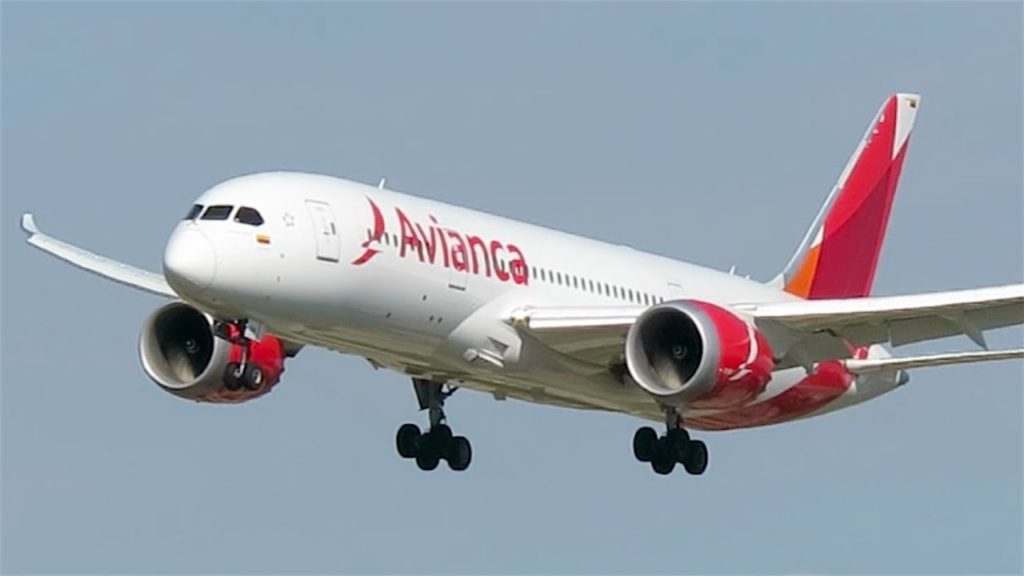Airbus Lands MBDA Boss Bouvier To Steer Strategy
PARIS (Reuters) - European missile maker MBDA's chief executive is returning to Airbus as head of strategy as the planemaker seeks to modernise its factory system and explores future options in defence, two people familiar…
